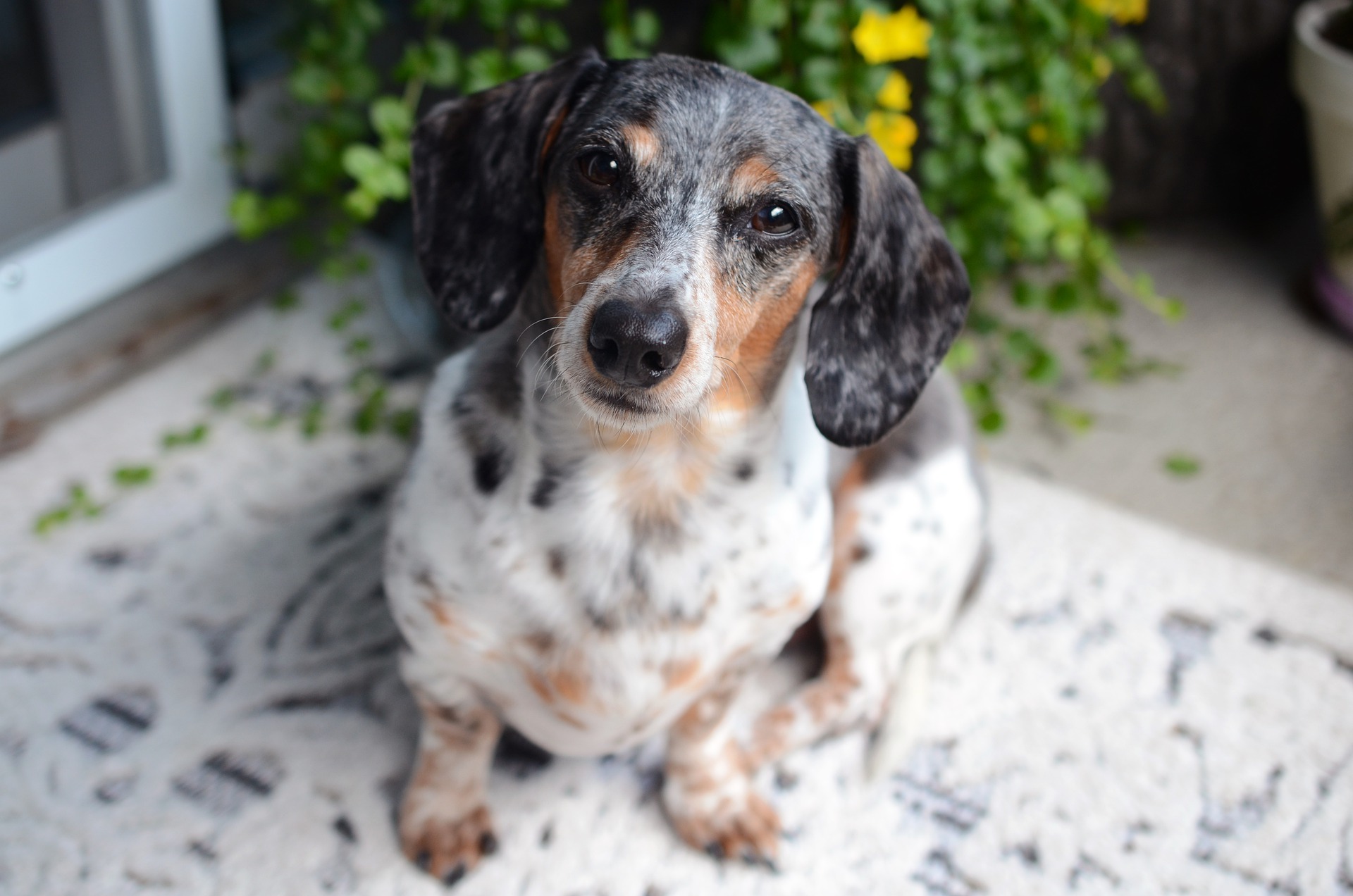Whether you just brought home a young puppy or adopted an older dog, there are many new things they need to learn as they are integrated into your family. One of the first and most important things to learn is their name! Your dog’s name is important for safety, training, and a sense of belonging in the family.
Names can of course be learned passively over time as the dog learns that you use that particular sound when referring to them specifically. You can help speed up the process by having training sessions where you create a strong positive association with their name.
Before beginning the training, make sure your family has collectively settled on a name. It would be confusing for your pup to begin learning a name, only for you to change their name a couple of training sessions later. Consistency is key, so everyone should be on board with what your new dog is called. That being said, dogs are certainly capable of learning a new name if you’ve adopted an older dog but aren’t a fan of their current moniker. Just be consistent once you have chosen their new name.
Your Dog’s Name Training
Grab a pocketful of small treats and bring your dog into a quiet room to start their name training. If you have opted to use a clicker for training, be sure to have that with you as well. Since the point of teaching a name initially is to simply get your dog’s attention, the process of name reinforcement is simple.
- Once in a room free of distractions allow your dog to roam. At a point when they are not looking at you, say their name in a cheery tone. As soon as they turn their head to you, click or say “yes” and give them a treat.
- Wait until they once again are wandering around and not looking at you, then say their name again in the same happy tone. Mark when they turn to you with a click and a treat. Repeat this a few more times, then end the first session.
- You can have multiple training sessions per day so long as you keep them fun and short, around 5 minutes.
- If you find your pup is having trouble giving you attention, try using a different treat that may motivate them more.
- Once they get good at turning toward you in a distraction-free room, start making it a bit tougher. Move farther away from them, or try calling their name in a busier room. You may want to start waiting until they not only turn toward you but make eye contact with you as well before rewarding them.
- Whatever you do, stay consistent and always give them praise for responding.
Try to avoid creating negative associations with their name, since then they will be less enthusiastic to respond. If you repeat their name over and over to try and get their attention but it isn’t working, they will just tune out your voice. When you say their name in an angry tone, they become nervous and don’t want to come to you. While they’re learning their name, strive to use it only in a positive way.
Building a strong, positive association with response to your dog’s name is a great foundation for recall training, where you can call your dog to you even when they’re off-leash, running around, or facing other tempting distractions.
Gulf Coast K9 Dog Training is a Bradenton-based dog training and obedience school. We are here for all of your dog training questions and needs.





